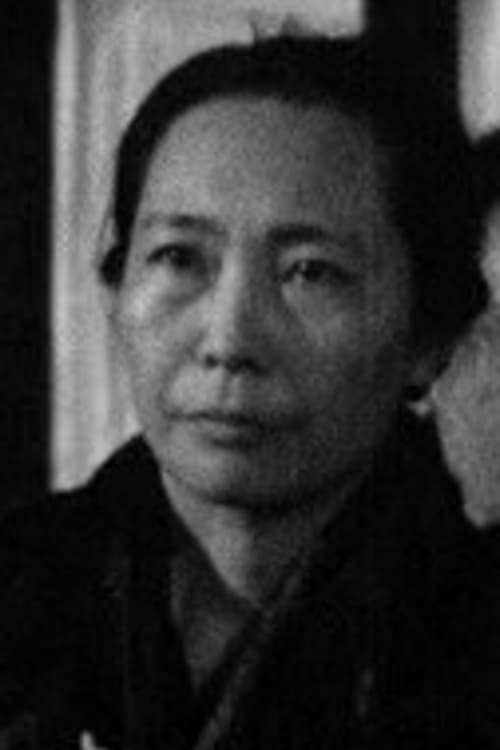Noriko Honma
Birth : 1911-11-29, Yubari, Hokkaido Prefecture, Japan
Death : 2009-04-12
History
Noriko Honma (本間文子 Honma Noriko, born 29 November 1911 - 12 April 2009) is a Japanese actress whose film work occurred primarily during the 1950s. She was born in Hokkaido. She worked in many of Akira Kurosawa's films, first appearing in Kurosawa's Rashomon as the Miko, also in Ikiru, The Seven Samurai, Akahige, and Dreams.

A narrative feature made from a collage of clips from various films around the world.
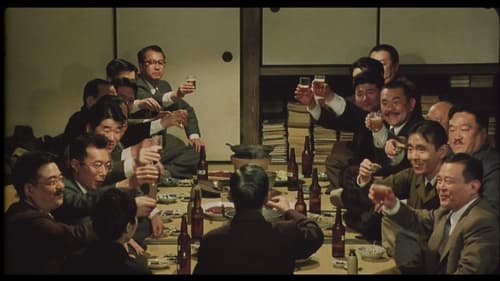
Old lady holding a cat
Based on the life of Hyakken Uchida, a Japanese author and academic. The film opens with Uchida resigning his job as a German professor at the onset of WWII. The story is told mostly in vignettes as he is cared for by former students in his old age.
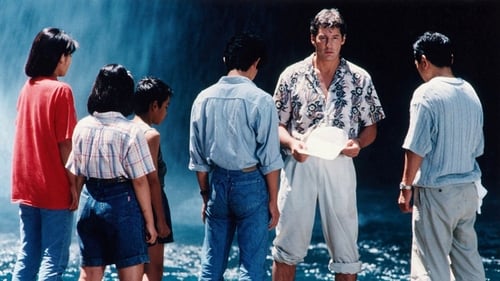
Mourner
The story centers on an elderly hibakusha, whose husband was one of 80,000 human beings killed in the 1945 atomic bombing of Nagasaki, caring for her four grandchildren over the summer. She learns of a long-lost brother, Suzujiro, living in Hawaii who wants her to visit him before he dies.

A collection of magical tales based upon the actual dreams of director Akira Kurosawa.

Old Woman
A squadron of Japanese Self-Defense Force soldiers find themselves transported through time to their country's warring states era, when rival samurai clans were battling to become the supreme Shogun.

Tea shop old woman
In the 19th century Edo period, sisters Oshizu and Otaka have sacrificed their personal happiness to work and care for their ailing father. Otaka falls in love, but can’t accept a marriage proposal since her older sister needs to marry first. When Oshizu learns of this decision, she takes matters in her own hands.

Spiritualist
Searching for his brother, Ryota stows away on a boat belonging to a criminal alongside two other teenagers. The group shipwrecks on Letchi island and discover the Infant Island natives have been enslaved by a terrorist organization controlling a crustacean monster. Finding a sleeping Godzilla, they decide to awaken him to defeat the terrorists and liberate the natives.

Resident
Aspiring to an easy job as personal physician to a wealthy family, Noboru Yasumoto is disappointed when his first post after medical school takes him to a small country clinic under the gruff doctor Red Beard. Yasumoto rebels in numerous ways, but Red Beard proves a wise and patient teacher. He gradually introduces his student to the unglamorous side of the profession, ultimately assigning him to care for a prostitute rescued from a local brothel.
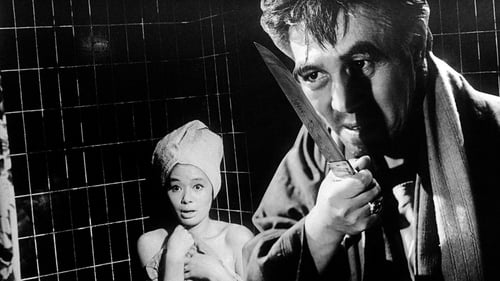
Matsuko - Shiitake's wife
During the mayoral election, two ex-prisoners decide to replace the lucky pen of an annoying candidate with a mini-bomb.
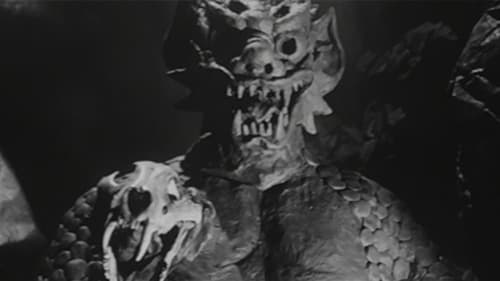
Ken's Mom
In an effort to find an economic means of purifying salt water, a joint U.S.-Japanese military command is set up on an isolated Japanese island where an unusual salt water lake is situated. However, their purifying experiments arouse the prehistoric monster Obaki from hibernation at the lake's bottom, and it proceeds to attack Japan. Although made by a U.S. independent film company, this film was based on a Japanese Toho monster film of 1958, "Daikaiju Varan", from which all of the monster effects scenes and a few incidental dramatic shots were edited into it.
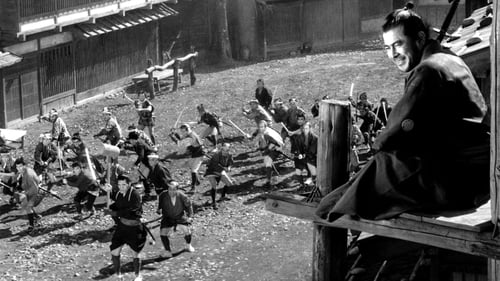
Farmer's Ex-wife
A nameless ronin, or samurai with no master, enters a small village in feudal Japan where two rival businessmen are struggling for control of the local gambling trade. Taking the name Sanjuro Kuwabatake, the ronin convinces both silk merchant Tazaemon and sake merchant Tokuemon to hire him as a personal bodyguard, then artfully sets in motion a full-scale gang war between the two ambitious and unscrupulous men.

A skilled country doctor's talents are such that he can even perform operations as difficult and novel as removing a patient's kidney for the first time in Japan. Unfortunately for him, however, his wife's addiction to gambling is of such a magnitude that he is down to selling his underwear to make money. The image sticks and he becomes known as the 'underwear doctor.' On the other hand, his successful surgery's patient is so grateful he himself wants to become a physician.

Mineko (Sekine's wife)
Keiko, whom everyone calls Mama, narrates her story: she's a hostess on the Ginza, 30, a widow. She describes life's vicious cycle: acting cheerful around drunks, dressing and living well to convey confidence, needing money for these expenses and for her demanding mother and brother, and knowing she's growing older. She's of an age when she must choose: to seek marriage (difficult given her tarnished occupation), to be a kept woman, or to borrow money to buy a bar of her own. Each route has dangers, including investors demanding a return on their loans. Keiko has a quiet dignity that attracts men, but are they what they seem? Does she actually have choices?

Ryuta and Mineo Komatsu are brothers, both yakuza (gangsters). Mineo, although complicit in crime, even murder, wants out of the gangster life, hoping to become a successful singer instead. Ryuta loves his brother, but Mineo's possible defection presents problems for the gang, and Ryuta realizes he must kill his brother if he wants to survive.
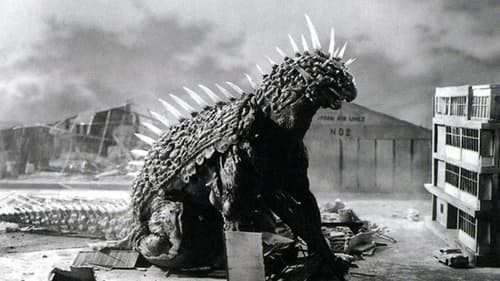
Ken's Mom
When a rare species of butterfly is found in a mysterious valley in Japan, a pair of entomologists go to investigate and find more. They discover Varan, a giant monster, Who decided to leave the valley and head straight for Tokyo.
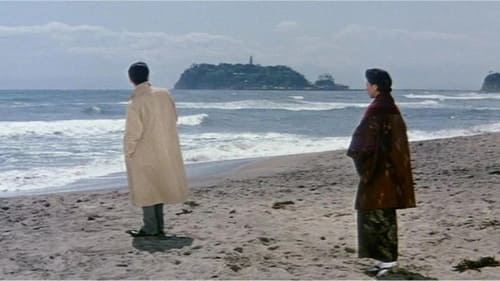
A war widow with a young boy manages a farm with her bossy mother-in-law. When a reporter comes to interview her, the two begin an affair. He turns out to be married and won't leave his wife. Her older brother tries to marry off his children and hang on to/ extend his farm through an advantageous marriage in the face of threatened land confiscation and the desire of his children to get comfortable urban jobs instead of the backbreaking work in the paddy fields under parental control.

Mariko's Mother
Ultra-perky model likes single freedom but feels ryosai kenbo ("good wife, wise mother") pressure, exemplified by her bored-to-tears sister.

An Ishiro Honda film. The first part of A Rainbow Plays in My Heart released the same day as the second film.
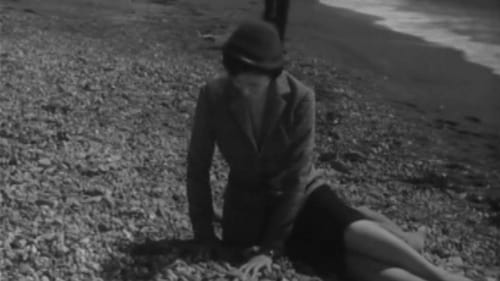
Nanny
An Ishiro Honda film. The second part of A Rainbow Plays in My Heart released the same day as the first film.
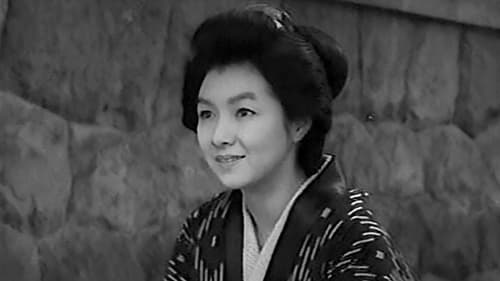
Otora, the foster mother
A woman marries, gives birth to a stillborn child, and divorces, falls in love with a hotel-keeper, only to find herself subordinated to his drive for success, takes up with a tailor who cannot console himself with her strong personality.

Natsu, Chiya's Mother (uncredited)

Kiyoko (Takamine Hideko) and her husband want to open a coffee shop. She becomes increasingly close to the bank clerk (Mifune Toshiro) she's asked for a loan.
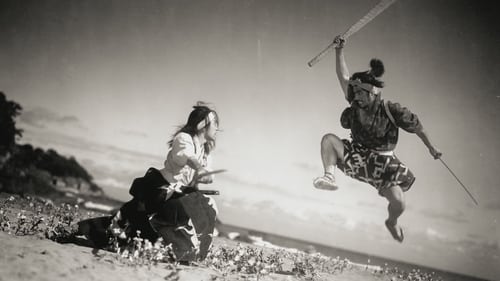
(uncredited)
A humble and simple Takezo abandons his life as a knight errant. He's sought as a teacher and vassal by Shogun, Japan's most powerful clan leader. He's also challenged to fight by the supremely confident and skillful Sasaki Kojiro. Takezo agrees to fight Kojiro in a year's time but rejects Shogun's patronage, choosing instead to live on the edge of a village, raising vegetables. He's followed there by Otsu and later by Akemi, both in love with him. The year ends as Takezo assists the villagers against a band of brigands. He seeks Otsu's forgiveness and accepts her love, then sets off across the water to Ganryu Island for his final contest.
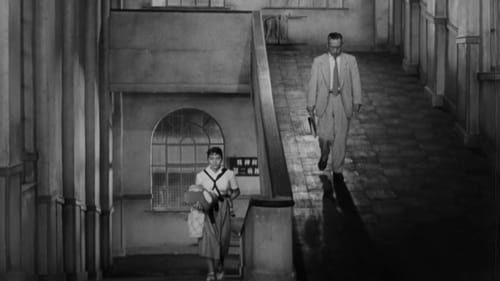
Worker family member
Kiichi Nakajima, an elderly foundry owner, is convinced that Japan will be affected by an imminent nuclear war, and resolves to move his family to safety in Brazil. His family decides to have him ruled incompetent and Dr. Harada, a Domestic Court counselor, attempts to arbitrate.
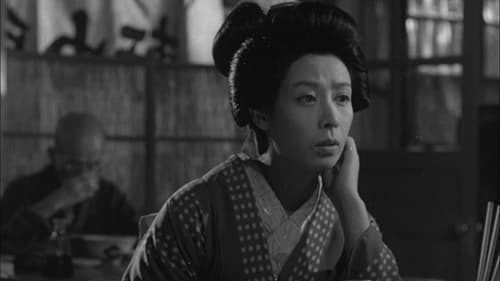
The story of a couple, a spoiled son and a down-to-earth girl, in Osaka in the early Showa era. The film won the prestigious Blue Ribbon awards for best director, best actor (Morishige) and best actress (Awashima), and the Mainichi Concours award for best actor and best screenplay (Yasumi Toshio). It ranked second (after Naruse Mikio’s Ukigumo) on the Kinema Junpō top ten films for the year.

Forced on the road by yakuza obligations, a man sets out on a reckless journey to Tsumagoi. Movie posters for local cinemas were often displayed at sento (public baths) too. The handwritten text on the bottom here announces the film will play at Hassen for 3 days.

Old Woman of O-Haru
Lonely youth Shinji meets Hatsue, a pretty pearl diver, on the beach and the two fall in love. But Shinji has a rival for Hatsue's affections, Yasuo.
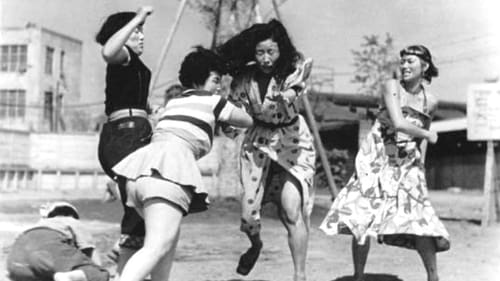
Toku, a factory worker gives food to a starving woman, Tsuru, who then follows him home. He shares a shack in a shanty village in Kawasaki with his friend Pin-chan. The two men try to get rid of her but then let her stay when she gives them money. Tsuru tells the people of the village that she lost her job due to a strike, then was robbed of her severance pay, then sold to a brothel in Tsuchiura. She ran away with a friend from Kawasaki. Toku and Pin-chan sell her to a geisha house and spend the money. She is thrown out. The owner demands his money back. Tsuru earns the money to pay their debt by working as a prostitute outside the station. The other prostitutes beat her. She fends them off with a policeman's revolver and is then shot dead by the police.

A legendary gangster raises himself out of a small town and gathers followers on his rise to power.
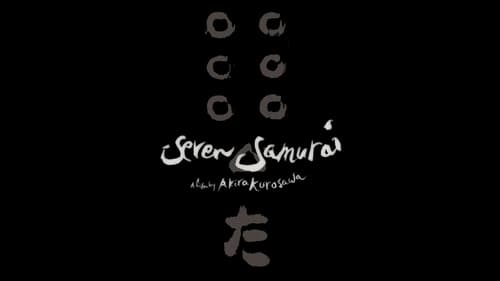
Woman Farmer
A samurai answers a village's request for protection after he falls on hard times. The town needs protection from bandits, so the samurai gathers six others to help him teach the people how to defend themselves, and the villagers provide the soldiers with food.

The eldest daughter of a rural family Mon returns home from Tokyo pregnant after an affair with a college student Kobata, which causes a scandal that will threaten the marriage prospects of the younger sister San, in her cash-strapped family. The ill-tempered eldest brother Inokichi decides to take on the role of disciplinarian, with harrowing results.

(uncredited)
A story of unhappy youths and the perils of lack of sex education.
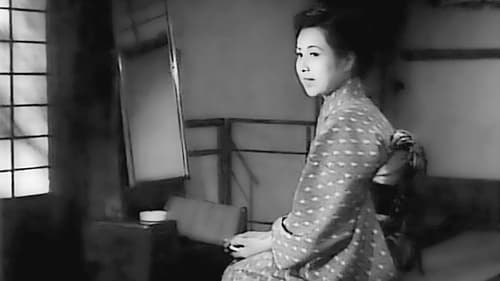
Ten years into a marriage, the wife is disappointed by the husband's lack of financial success, meaning she has to work and can't treat herself and the husband finds the wife slovenly and mean-spirited: she neither cooks not cleans particularly well and is generally disagreeable. In turn, he alternately ignores her and treats her as a servant. Neither is particularly happy, not helped by their unsatisfactory lodgers. The husband is easily seduced by an ex-colleague, a widow with a small child who needs some security, and considers leaving his wife.

Gosho’s most celebrated film both in Japan and the West, Where Chimneys Are Seen is perhaps the most compelling example of his concern for, and insights into, the everyday lives of lower-middle-class people. Based on Rinzo Shiina’s novel of the absurd, the film depicts the lives of two couples against the backdrop of Tokyo’s growing industrialization during the 1950s.

A married couple looking for an apartment move in with the husband's co-worker, a widower. The husband becomes jealous of the widower and his wife.
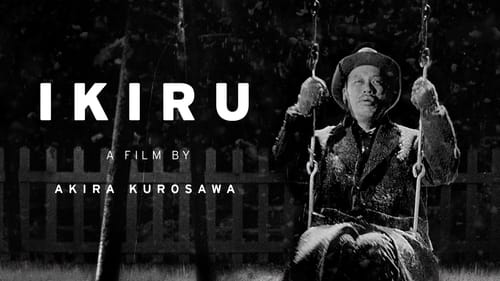
Housewife
Kanji Watanabe is a middle-aged man who has worked in the same monotonous bureaucratic position for decades. Learning he has cancer, he starts to look for the meaning of his life.
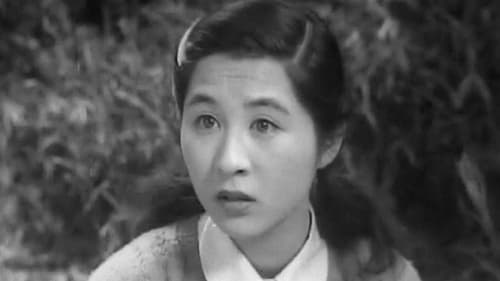
Mino Hirai
A teenaged girl witnesses her widowed mother's attempt to sustain her family.

Otoku
Soichi Ataka is the eldest son of Ataka family. Although mentally challenged, he's a person with a gentle heart. Soichi's wife, Kuniko is devoted to her husband and together the couple runs the family farm. Their happy family life comes to an abrupt halt when Soichi's half-brother, Joji returns with his wife Masako after failing in a business.

Japanese "kayo" film based on the song "Ieraishan" by Yoshiko Yamaguchi.
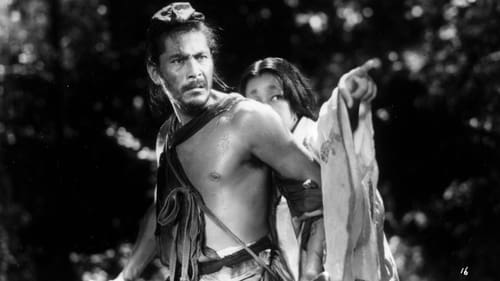
Medium
Brimming with action while incisively examining the nature of truth, "Rashomon" is perhaps the finest film ever to investigate the philosophy of justice. Through an ingenious use of camera and flashbacks, Kurosawa reveals the complexities of human nature as four people recount different versions of the story of a man's murder and the rape of his wife.
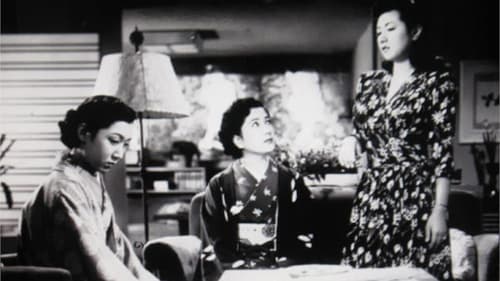
Itakura's mother

Sanpei's mother
An attempt is made to suppress a journalist's investigation of collusion between a rural police chief and the local gangster bosses.
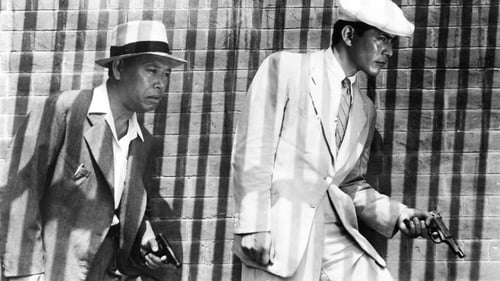
Wooden Tub Shop woman
A bad day gets worse for young detective Murakami when a pickpocket steals his gun on a hot, crowded bus. Desperate to right the wrong, he goes undercover, scavenging Tokyo’s sweltering streets for the stray dog whose desperation has led him to a life of crime. With each step, cop and criminal’s lives become more intertwined and the investigation becomes an examination of Murakami’s own dark side.
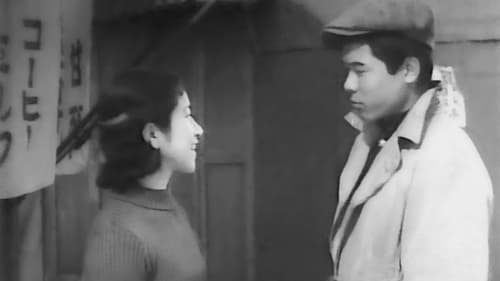
Ishimura's wife
The Whole Family Works, Mikio Naruse's adaptation of a Sunao Tokunaga novel, feels more of a piece with the writer/director's quietly observant and psychologically charged later work. For the Naruse-familiar, it is an anomaly only in its placement within his filmography—indeed, this could be a film made by the elder, stasis-minded Naruse momentarily inhabiting, through a metaphysical twist of fate, his stylistically exuberant younger self. Set in depression-era Japan around the time of the Sino-Japanese War (which the director evokes, during a brief dream sequence, by dissolving between children's war games and actual adult warfare), The Whole Family Works gently observes a family coming apart at the seams. Ishimura (Musei Tokugawa) is the jobless father of nine children.
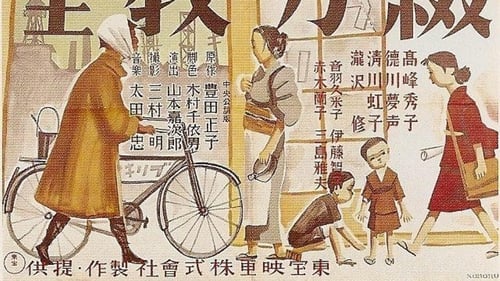
Aunt
Based on an autobiographical story by Toyota Masako.


